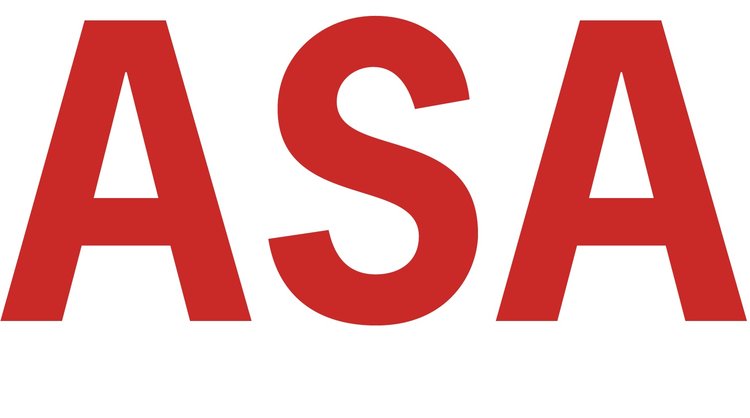I am among the millions who got a good night’s sleep last night, a reprieve as it were from an ever-present state of anxiety that’s four years old. That weight is lifted with the election results and, though the country has still a rough road ahead, I am confident that a new administration will gather the very best hearts and minds to address the critical issues that challenge us.
Four years ago, after the last presidential election, I wrote a column titled "Can You Spell Kakistocracy?"
Come January, based upon President-elect Trump’s statements and the cabinet level nominations that he has made to date, it appears to me that Americans will be citizens of a kakistocracy, which Oxford Dictionaries defines as 'government by the least suitable or competent citizens of a state.' Though I am trying to keep an open mind, it is hard to do so when many cabinet posts are being filled by former military generals or by private sector persons with either no record of public service, or with an attitude that foreshadows dismantling a range of government programs.
On Saturday, we watched as leaders of European countries congratulated President-elect Biden and Vice President-elect Harris, welcoming the United States back into an historic circle of countries who have common interests around global diplomacy and peace. We saw thousands dancing in the streets, here and abroad, to celebrate the return of civility, decency, and good will. We heard both Biden and Harris express a keen desire to govern on behalf of all Americans, not just their supporters. Though they will not take their oaths until January 20, their work has already begun. Biden is expected to announce a special task force on the pandemic early this week, as we see infections rising dramatically – over 10,000 new cases per day, with daily deaths rising to over one thousand per day.
Right now, though he has seen that all news outlets have called the election for Biden based upon reported results from election officials in each state, President Trump continues to insist that the election was fraudulent, without producing evidence of such claims. In this, as in so many other matters, Trump has distinguished himself from all other U.S. presidents: He is a bad sport and he does not play by the rules unless the benefit in doing so comes to him. He has a team of lawyers trying to find grounds to challenge results in several states. It is expected that he will not concede the election for some time. Nonetheless the processes involved in presidential transition are underway and will continue. Security has been increased around both Biden and Harris, and the government briefings continue between the Trump team and Biden's transition teams.
This election has shown us the fault lines in this country, but it also offers us the opportunity to get back to the hard work that has been pushed to the back burner in the past four years. We are coming out of a period where we were constantly on the defensive, and now we can start to imagine that hard work. We don't want to simply revert to how things were before 2017 – we want to improve matters in every respect, whether it's social justice, climate change, immigration, health care, or civility.
There are poets among us, and toward that end I quote a weeping Van Jones of CNN after the race was called on Saturday:
Well it's easier to be a parent this morning. It's easier to be a dad this morning. It's easier to tell your kids, 'Character matters, being a good person matters.' And it's easier for a whole lot of people. If you're Muslim in this country, you don't have to worry that the president doesn't want you here. If you're an immigrant, you don't have to worry if the president is happy your baby has been snatched away or send dreamers back for no reason. This is vindication for a lot of people who really have suffered. 'I can't breathe.' That was not just George Floyd. There were a lot of people who felt like they couldn't breathe.
For me, one of the most remarkable aspects of Biden's candidacy was his willingness to call upon poets, surely an auspicious sign. He and I share a love of Seamus Heaney's poetry, and I close with the last lines from "The Cure at Troy: A Version of Sophocles' Philoctetes."
History says, don't hope
On this side of the grave.
But then, once in a lifetime
The longed-for tidal wave
Of justice can rise up,
And hope and history rhyme.
